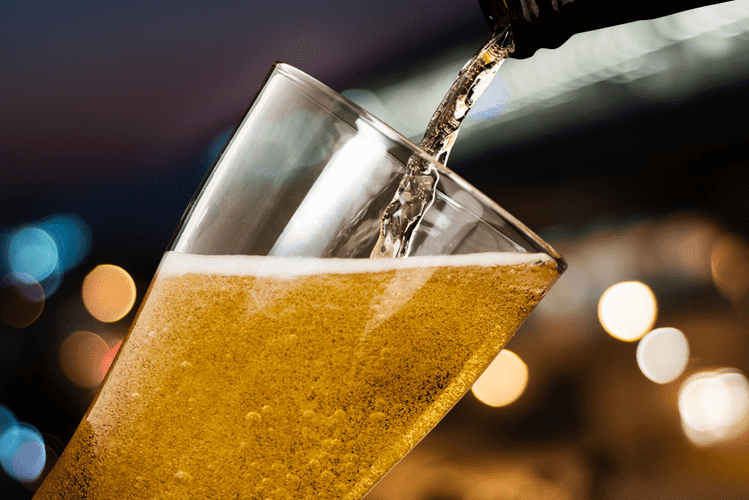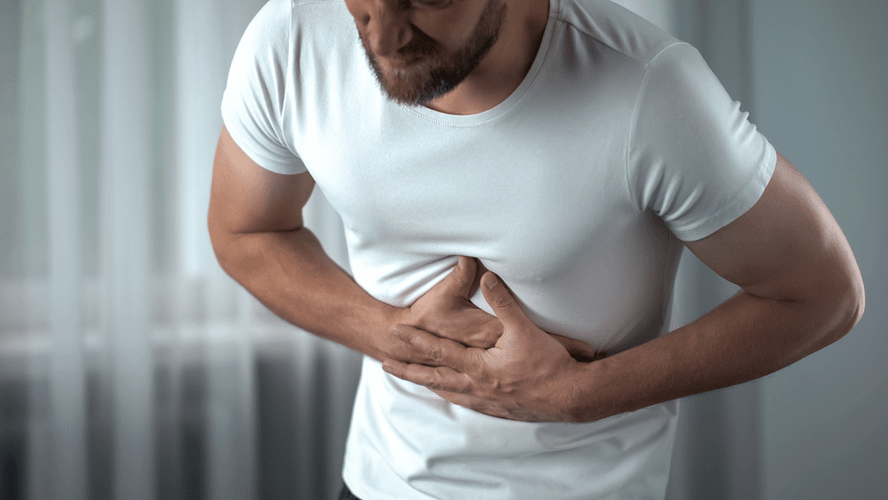Over time, the kidneys may lose their ability to filter waste effectively, leading to a dangerous accumulation of toxins in the body. In severe cases, end-stage renal disease (ESRD) can occur, requiring dialysis or a kidney transplant for survival. Heavy drinking, defined as more than three drinks per day for women and four drinks per day for men, significantly increases the risk of developing kidney disease. Binge drinking, consuming five or more drinks within a short time, can lead to acute kidney injury (AKI), a sudden drop in kidney function that may result in lasting damage. Regular heavy drinking over time can cause permanent kidney damage.
Top doctors in ,
This is especially likely if your liver is impaired due to alcoholism. The disease can also affect blood flow to the kidneys and cause them to be less effective in filtering blood. Kidneys are essential to keeping the body healthy and free of harmful substances such as alcohol.
While many body parts are affected by dehydration, the kidneys are particularly sensitive to it. The kidneys are designed to retain water when dehydration occurs, but they cannot fully compensate when alcohol is still being used. Natural remedies, such as herbal teas or infusions, can aid in kidney pain relief. Dandelion tea, nettle leaf tea, or cranberry juice may have diuretic properties, promote urinary tract health, and provide some relief from kidney pain.
What Are the First Signs of Kidney Damage From Alcohol?
- Specifically, alcohol inhibits the release of antidiuretic hormone (ADH), a hormone that helps the kidneys retain water.
- It is important to see a doctor for any and all kidney pain, whether it is related to alcohol consumption or not.
- Alcohol-induced hypertension and chronic dehydration are key factors that increase the risk of kidney failure.
This makes your kidneys to work harder to filter your blood, which will eventually lead to dehydration and kidney pain. The kidneys can often recover from alcohol-related damage with abstinence. However, recovery depends on factors such as the duration and severity of alcohol abuse, the presence of other health conditions, and the type of kidney damage.
What are the Signs of Alcohol-Induced Kidney Damage?
Fatty liver disease can also develop after binge drinking, which is defined as drinking four to five drinks in two hours or less. About 90% of heavy drinkers will develop alcoholic fatty liver disease. It’s crucial to seek medical advice if you’re concerned about your drinking habits and how they may be impacting your kidneys. Early interventions and lifestyle modifications can be highly effective in preserving renal function and improving quality of life. The body metabolizes alcohol primarily in the liver, but the kidneys also play a role in filtering out alcohol’s toxic byproducts.
- Without treatment, a person with an acute kidney injury may have a seizure or go into a coma.
- UPJ obstruction can be treated with a minimally invasive procedure.
In the morning after the feast, experts recommend drinking clean drinking water. It is advisable to drink a glass every hour, as water will not only remove toxins from the kidneys, but also normalize the water balance, which is broken due to drinking. Alcohol and diabetes don’t mix well—especially when Halfway house it comes to kidney health.


Here, we’ll share insights into some of the ways alcohol impacts the kidneys and how much alcohol is safe to drink. Brittany has 15 years of experience in the Mental Health and Substance Abuse field. Your doctor may prescribe kidney medication or recommend programs in your area to help you. The discomfort may be mild or severe and manifest on one or both sides of the body. For example, a person with a UTI that spreads to the kidneys can develop sepsis, a dangerous infection of the blood. Sustaining a physical injury to the kidneys, such as by falling from a height, may also cause kidney pain.
- Visual disturbances can also occur, as alcohol and vision are more closely linked than many people realize.
- That’s why doctors agree that beer is much more harmful to the kidneys than vodka or cognac.
- People who have progressed to alcoholic hepatitis or cirrhosis most likely will not be able to reverse the disease.
- For these reasons, it’s natural that when your kidneys have to work extra hard to rid the body of excess alcohol, you may experience pain.
Kidney Pain After Alcohol Consumption: Causes & Prevention Tips
Alcohol can also damage your kidneys by causing high blood https://www.siggis-skyr.fr/stages-of-alcoholism-signs-symptoms-and-hope-for/ pressure (hypertension). This happens because alcohol leads to a higher volume of the hormone renin in your blog. That makes your heart need to work harder to pump blood through your body.
In general, the more severe the ALD, the more malnourished someone becomes. Alcoholic cirrhosis is a progression of ALD in which scarring in the liver makes it difficult for that organ to function properly. Symptoms include weight loss, fatigue, muscle cramps, easy bruising, and jaundice. There is a long history of this association between alcohol and pain in Hodgkin disease. A 1966 review described 747 patients with alcohol-induced pain linked to cancer-related illness. Two other reviews in 1994 and 2013 discuss the association but there are few other studies on the books.
Chronic how to treat kidney pain after drinking alcohol use may lead to inflammation and long-term damage to kidney tissues, contributing to a range of health issues. In some cases, the kidneys can recover from mild or acute damage — especially if the cause is addressed early. For instance, acute kidney injury due to dehydration may be reversible with proper hydration, cessation of alcohol use and supportive medical care. However, chronic kidney disease that develops over years of heavy drinking may not be fully reversible.
